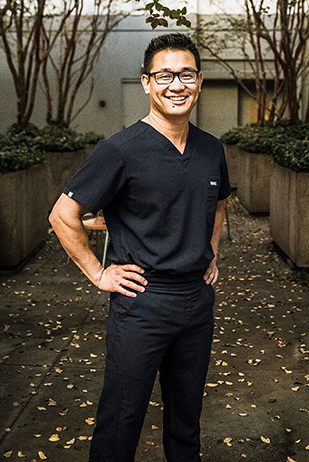No Money for Meds? You’re in Good Company
If you’re cutting back on a prescription drug (or going without your meds altogether) beware: You’re setting yourself up for bigger health problems later.
Rachel Orr, head of services for disabled students at a college in the northeastern U.S., recently had a weekend from hell: She saw four upper-class students in a community hospital psychiatric ward for extreme agitation. It was exam time, so it was no surprise to Orr that the students felt overwhelming anxiety.
But then she found out that two of them hadn’t filled recent prescriptions for antidepressant drugs that campus doctors had prescribed. The students’ parents didn’t have insurance, and the students had neither dependent coverage nor their own policies to help cover the cost of drugs. The physicians hadn’t thought to ask the students if cost was an issue. And when the students found out what the drugs would cost, they told the pharmacy not to bother filling their order.
Orr was so shocked by that experience that she’s asked campus doctors and nurses to ask students whether they can afford their medication or pharmacy co-pay when a prescription is issued.
A new study from the Centers for Disease Control and Prevention (CDC) finds that not having enough money to pay for prescriptions is nothing new for many U.S. adults, especially those under 65, who are not covered by Medicare. The CDC’s new data show that younger adults are trying all sorts of things to keep the cost of prescription drugs down: 12.6 percent didn’t take the medication as their doctor prescribed it; almost 20 percent asked their doctor for a less expensive drug; 6 percent tried alternative therapies; and 2 percent bought prescription drugs from another country.


 Our Fox 11 Special “Drugs and the Media” takes a look at the impact these shows may be having on our kids.
Our Fox 11 Special “Drugs and the Media” takes a look at the impact these shows may be having on our kids.

